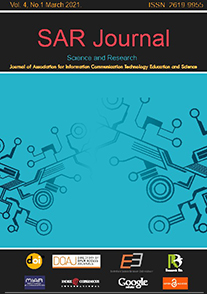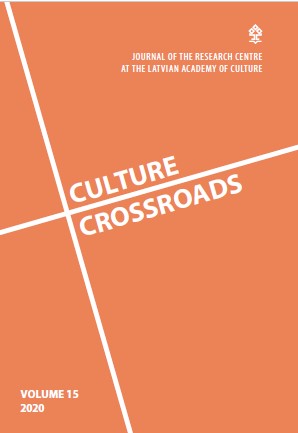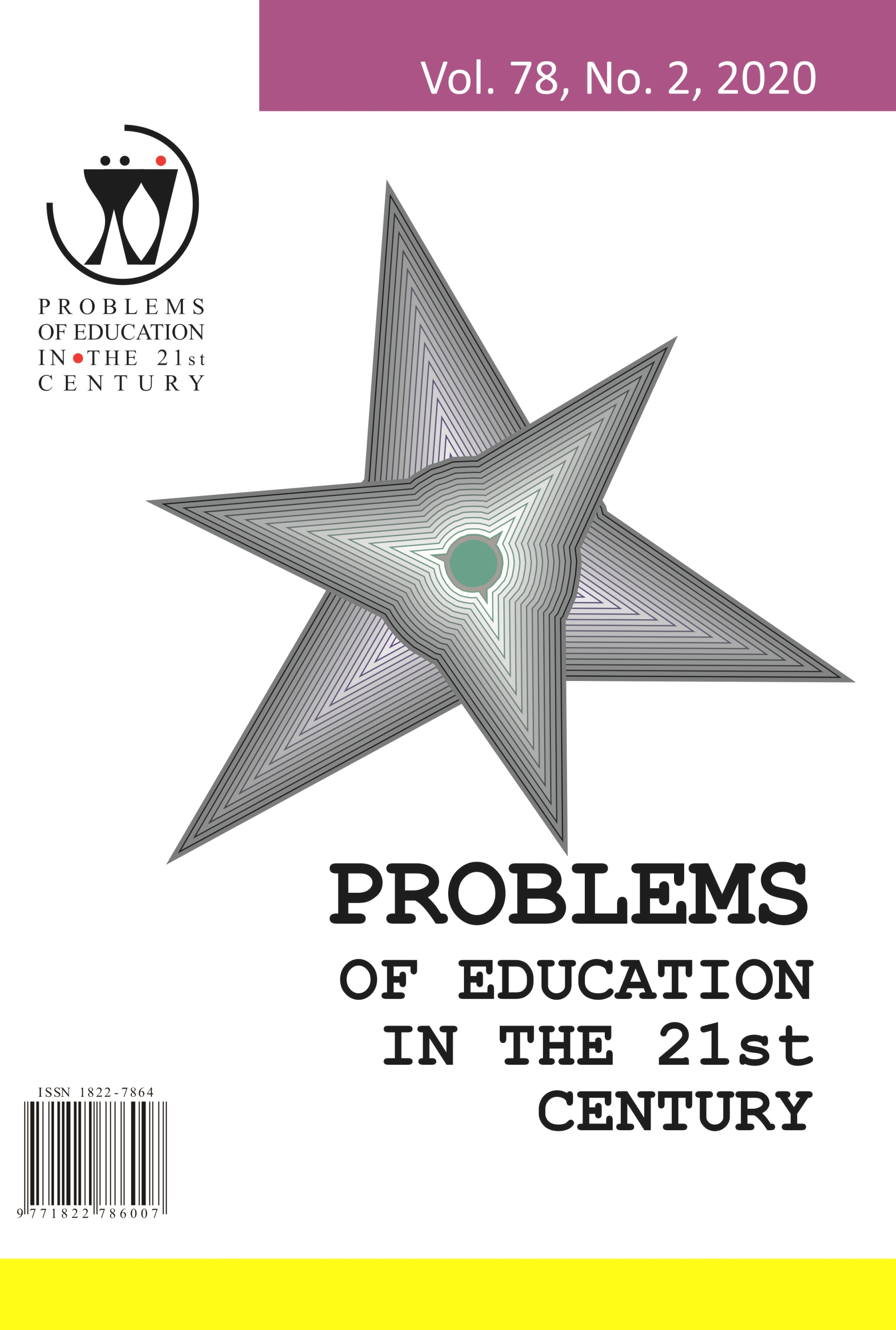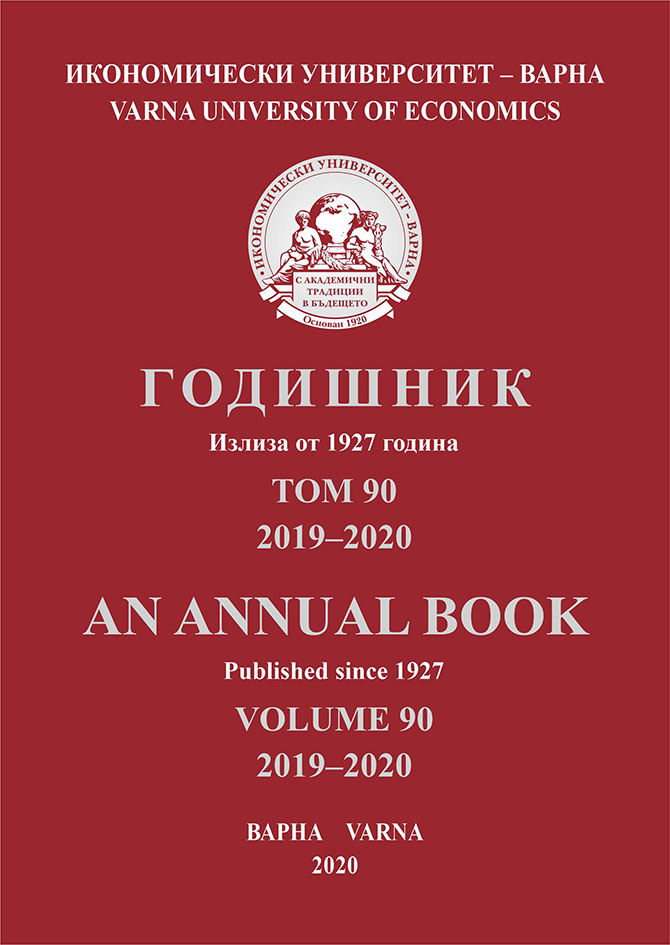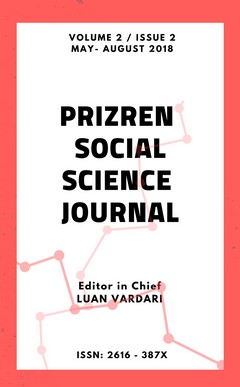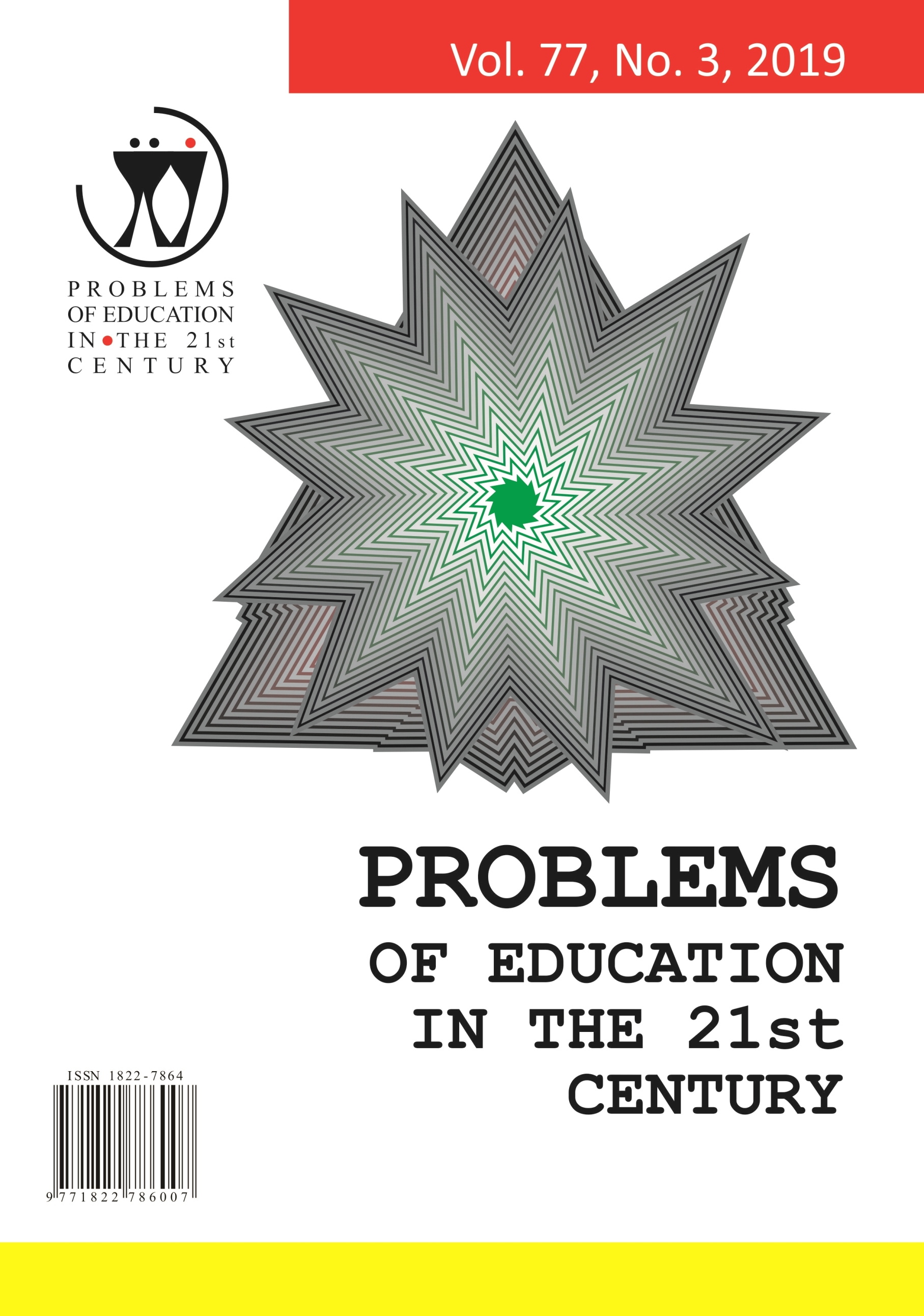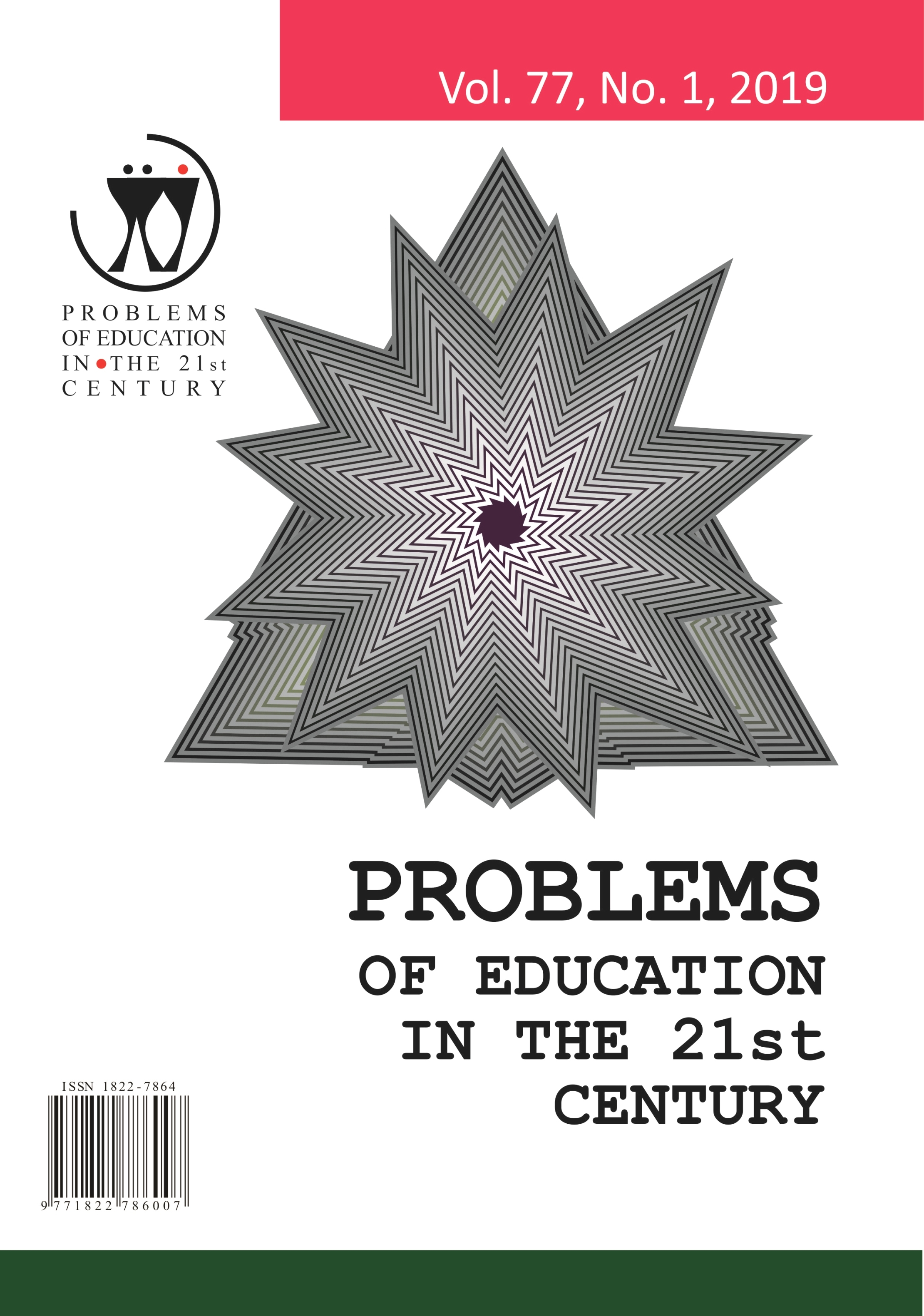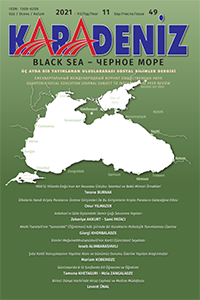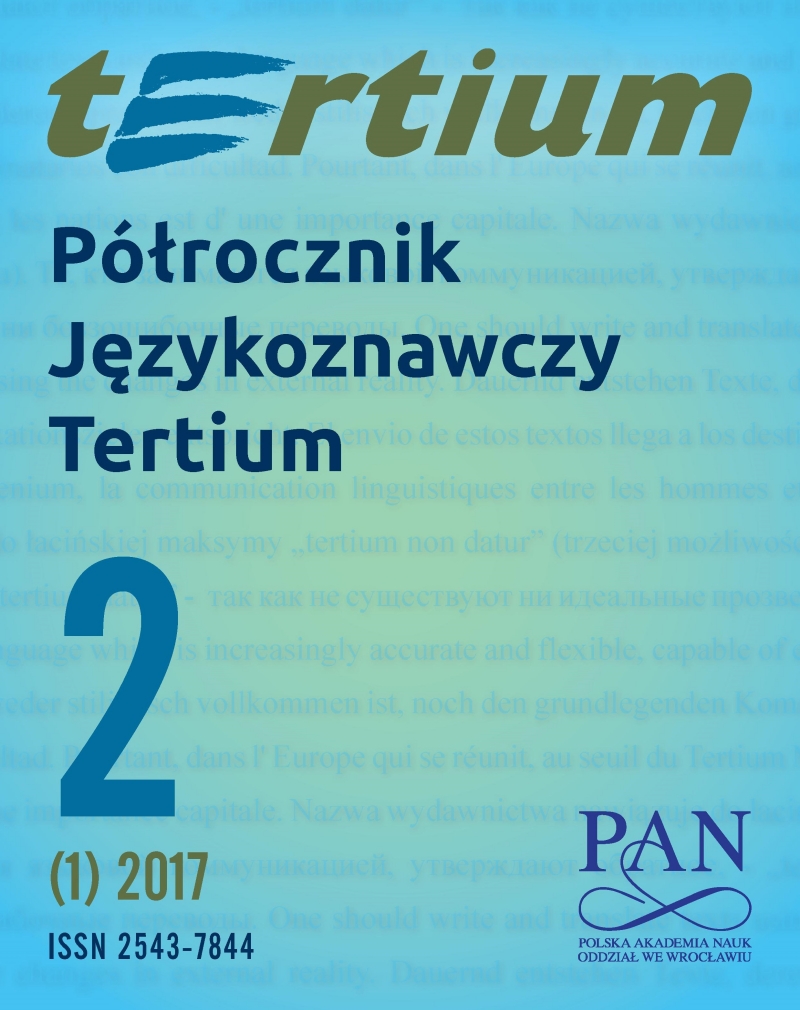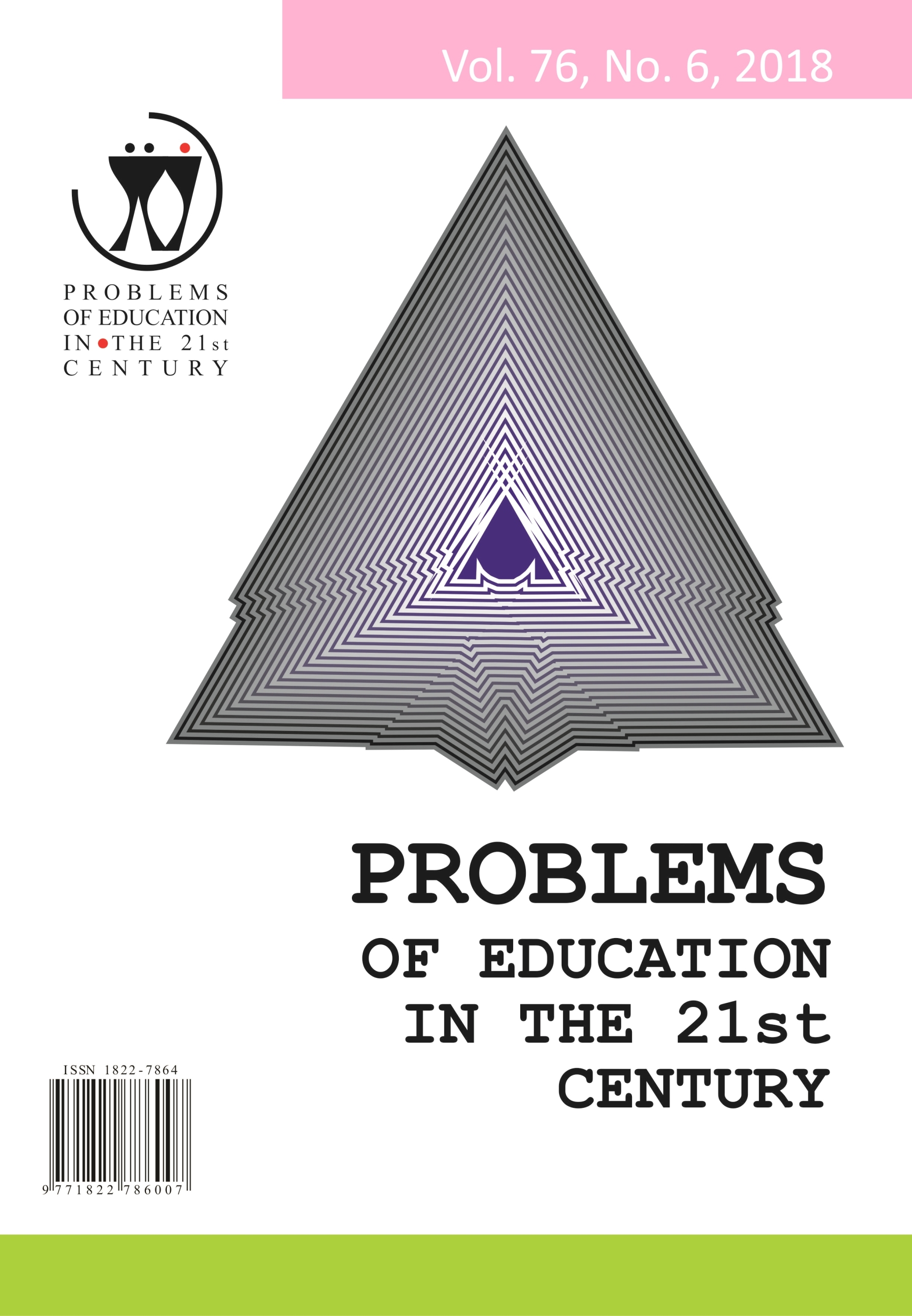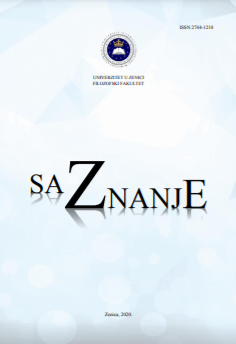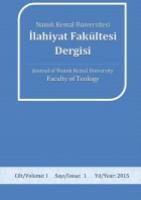
“I. ULUSLARARASI YABANCI DİL OLARAK ARAPÇA ÖĞRETİMİ: VİZYON VE TECRÜBELER" SEMPOZYUMU
Türkiye ilk defa Arapçanõn öğretimine dair uluslararasõ bir sempozyuma ev sahipliği yaptõ. Türkiye’den İstanbul Eğitim ve Araştõrma Vakfõ (İSAR), Ürdün’den QASID Yabancõ Diller Merkezi ve Filistin'den Necah Üniversitesi’nin işbirliği ile “I. Uluslararasõ Yabancõ Dil Olarak Arapça Öğretimi: Vizyon ve Tecrübeler” başlõklõ sempozyum 25-26 Nisan 2015 tarihlerinde İstanbul’da İSAM konferans salonlarõnda gerçekleştirildi.
More...
